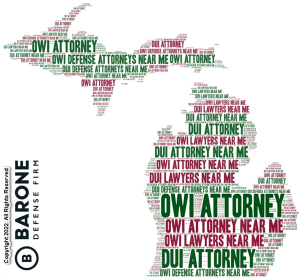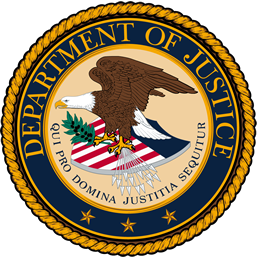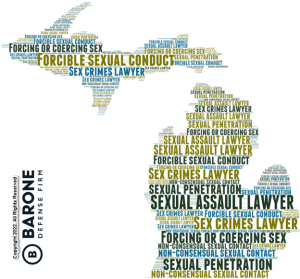Search
Bad Breath Can Cause Inaccurate Alcohol Breath Test
The science shows that the way you blow into an alcohol breath test instrument can significantly impact the test results. Thus, the difference between innocent and guilty can be a simple as bad breath.
 Breathing patterns can significantly affect the accuracy of alcohol breath test results when using infrared breath test instruments. These instruments, including the Intoxilyzer 9000, are commonly used to estimate blood alcohol concentration (BAC) based on the alcohol content in a person’s breath.
Breathing patterns can significantly affect the accuracy of alcohol breath test results when using infrared breath test instruments. These instruments, including the Intoxilyzer 9000, are commonly used to estimate blood alcohol concentration (BAC) based on the alcohol content in a person’s breath.
However, several factors, including breathing patterns, can introduce inaccuracies into the readings, leading to potential misinterpretations of a person’s intoxication level
 Michigan Criminal Defense Lawyer Blog
Michigan Criminal Defense Lawyer Blog


















 In the United States, the discovery process in the criminal justice system is governed by federal and state laws and rules of criminal procedure. For example,
In the United States, the discovery process in the criminal justice system is governed by federal and state laws and rules of criminal procedure. For example,  It can be difficult to know if you are under a federal investigation. However, if you are aware, there are several clues that you are under investigation by the Federal Government. One of them is the receipt of a target letter.
It can be difficult to know if you are under a federal investigation. However, if you are aware, there are several clues that you are under investigation by the Federal Government. One of them is the receipt of a target letter. Sex crimes in Michigan consist of four degrees of criminal sexual conduct (CSC). Each carries varying levels of severity and potential penalties. The four degrees of CSC are outlined in Michigan’s Penal Code and cover a range of sexual acts, including penetration, touching, and verbal communication. This article will explain
Sex crimes in Michigan consist of four degrees of criminal sexual conduct (CSC). Each carries varying levels of severity and potential penalties. The four degrees of CSC are outlined in Michigan’s Penal Code and cover a range of sexual acts, including penetration, touching, and verbal communication. This article will explain